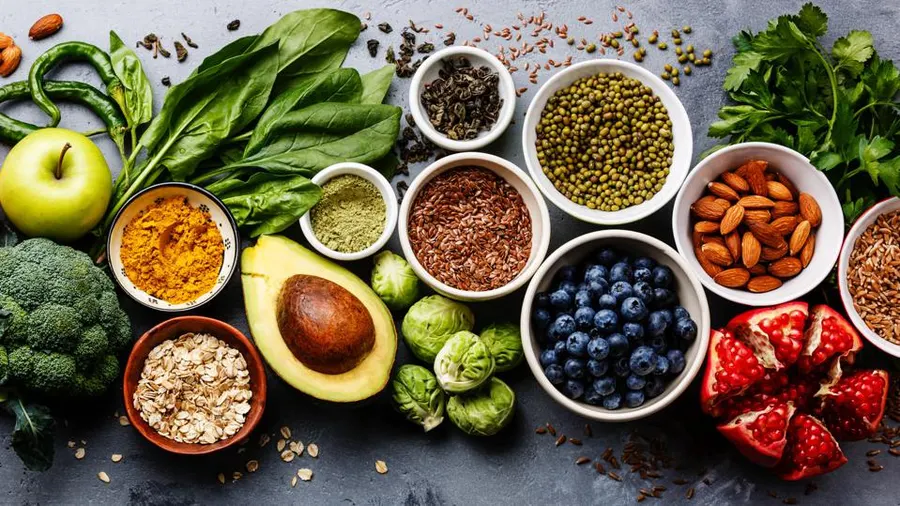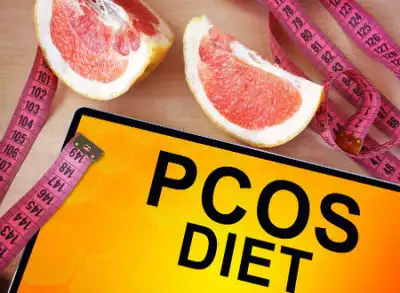Losing weight with a perfect weight loss diet plan
A healthy weight doesn't need to adhere to a plan or diet. Rather, it entails leading a stress-reduction, frequent physical activity, and healthy eating habits lifestyle.
Individuals who lose weight gradually and steadily—roughly one to two pounds per week—are more likely to maintain their weight loss than those who drop it abruptly.
Aside from genetics and age, other factors that may affect weight management include sleep, illnesses, drugs, and surroundings. Speak with your healthcare professional if you have concerns about your body weight or inquiries about your prescriptions.
An intelligent approach is necessary for a perfect diet plan for weight loss in Bangalore
Decide to commit
Jot down your reasons for wanting to reduce weight—whether it's to see your children get married, to improve your comfort in your clothes, or because you've got a family record of heart disease. Putting it in writing helps validate your resolve. Put these justifications up somewhere so you'll always be reminded of why you've decided to implement this change.
Evaluate your current situation
Keep an eating and drinking journal where you record whatever you consume and eat for a few days. Increasing your awareness of what you consume and drink can help you steer clear of mindless eating. Monitoring Exercise, emotions, and sleep can all aid in your understanding of your present routines and sources of stress. This may also assist in pinpointing areas in which you may begin implementing improvements.
Look at your lifestyle next! Determine what obstacles could stand in the way of your weight loss goals. For instance, is it difficult for you to obtain adequate exercise because of your job or travel schedule? Do you often eat sugary meals because you buy them for your children? Do your colleagues frequently bring high-calorie snacks to work, such doughnuts? Consider what you might be able to do to assist in overcoming these obstacles.
Ask your healthcare professional for tools to support a healthy weight if you have a disability or chronic illness. Federally approved drugs or equipment, surgery, and referrals to other medical or community programs, as well as licensed dietitians, may all fall under this category. To keep an eye on any changes in your body mass index or any associated medical conditions, request a follow-up consultation.
Set sensible objectives with Dt. Rukhsana Azhar from Diet4u Wellness, a famous weight loss dietitian in Bangalore
Establish short-term objectives and give yourself rewards as you go. Perhaps your long-term objectives are to control your hypertension and shed forty pounds. Short-term objectives could be to have veggies with supper, go for a 15-minute stroll in the evening, or switch to water from sugary drinks.
Concentrate on a couple of objectives at once. Goals that work are —
Particularly Realistic and Forgiving (but not flawless)
"Exercise more," for instance, is not very detailed. However, stating, "I will walk for 15 minutes, three days per week for the initial week," is precise and doable.
Setting unattainable objectives, like losing twenty pounds in two weeks, might make you feel helpless and angry.
Anticipating sporadic setbacks is another aspect of being realistic. When you encounter setbacks, quickly get back on course. Consider how to avoid failures in similar circumstances in the future.
Remember that every person is unique, therefore what suits one person may not be suitable for you. Try different things, like swimming, tennis, walking, or group fitness classes. Examine your interests and what you may incorporate into your daily routine. Long-term adherence to these exercises will be simpler.
Locate informational and supportive resources
Walking in a park, adults using hand weights!
Identify friends or family members who will encourage you to lose weight. Healthy recipe-sharing and group exercise events could be organized by neighbours or coworkers who have similar goals. A qualified dietitian or other medical expert can be consulted and attend a weight loss group.
How to set up a diet to lose weight? There are a tonne of options available when it involves meal plans for losing weight. Here are some considerations to make while looking for the best plan.
Reducing calories in a nutrient-dense manner
Every weight reduction plan aims to reduce your caloric intake relative to your energy expenditure.
What you eat matters just as much as how much you consume, even though a lack of calories will aid in weight loss regardless of how it's achieved. This is because your ability to meet your vitamin needs is greatly influenced by the food selections you make.
Some general guidelines should be followed by a successful weight loss food plan with the help of a weight loss dietician like Dt. Rukhsana Azhar:
· Has a lot of fibre and protein. Foods high in protein and fibre help you feel fuller for longer, which helps you feel content with fewer servings and reduce cravings.
· Limits sugar addition and processed foods. Dense in calories but lacking in vitamins and minerals, these foods don't trigger your brain's satiety centres, which makes it harder to shed weight or get the nutrients you need.
· Contains a wide range of fruits and veggies. They both have high fibre and water content, which helps with fullness perception. Meeting your daily needs for nutrients is also made easier by these nutrient-rich foods.
Preparing nutrient-rich meals
First, make sure that non-starchy vegetables make up between one-third and half of your plate when implementing these tips into your meal plan for weight loss. They are full of water, fibre, and many of the essential vitamins and minerals, and they are low in calories.
Next, eat protein-rich foods like fish, meat, seitan, or grains and legumes for around a quarter to a third of your plate; the remaining space should be occupied by whole-grain products, fruit, or vegetables with starch. These include additional fibre, protein, vitamins, and minerals.
A small amount of healthy fat from foods like avocados, olives, nuts, and seeds can enhance the flavour of your meal.
Take a look at an app with the help of a weight loss dietitian
Apps are a useful addition to your meal-planning toolkit.
You can customise meal plan templates from certain apps according to your dietary requirements or preferences. They may also be a useful tool for organising all of your information in one location and keeping track of your favourite recipes.
Additionally, a lot of apps let you create personalized grocery lists according to the recipes you've chosen or the leftovers in your fridge, which can help you conserve time and cut down on food waste.
Make sure it's varied
Consuming a diverse range of foods is essential for giving your body the nourishment it requires.
Meal plans that recommend batch cooking one or two recipes for the entire week are therefore best avoided. The sustainability of your meal plan may be lowered by this lack of variation, which can also make it challenging to get the nutrients you need each day and eventually cause boredom.
Rather, make sure that every day there is a diversity of foods on your menu.
Suggestions regarding food limitations with the help of weight loss diet consultation in Bangalore
More or less, you can substitute plant-based foods like beans, flaxseed or chia seeds, seitan, tofu, tempeh, and vegan milk and yogurt for seafood, eggs, meat, and dairy products.
You can use gluten-free versions of quinoa, millet, oatmeal, buckwheat, amaranth seeds teff, corn, and sorghum.
Lower-carb substitutes can be used in place of grains and starchy veggies that are high in carbohydrates.
Try substituting lettuce leaves for taco shells, seafood or rice paper for tortilla wrappers, spiralized noodles or squash like spaghetti for pasta, and cauliflower rice for couscous or rice.
Remember, though, that cutting out an entire food group might mean taking supplements to get the nutrients you need each day.






